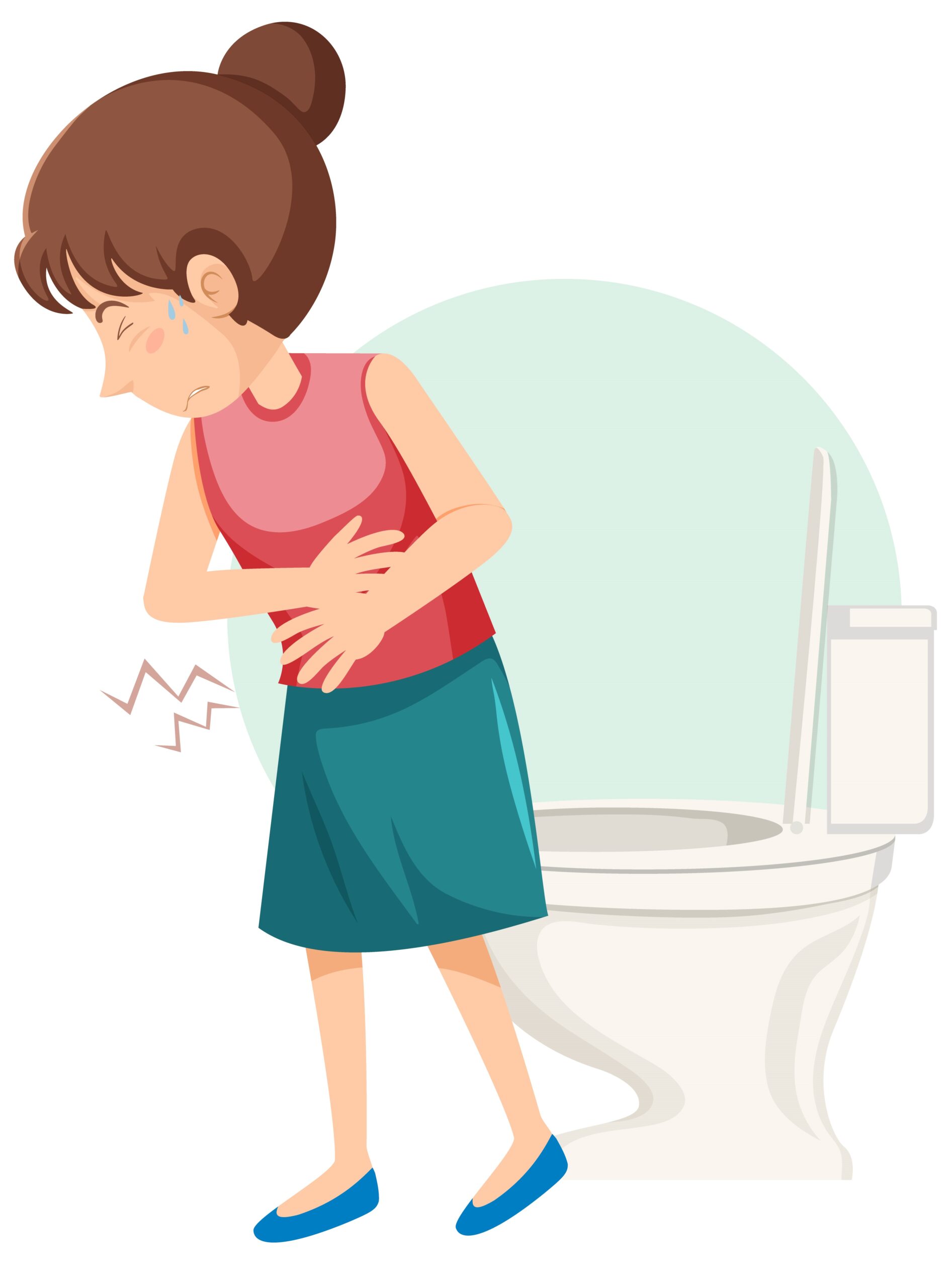Treatments Digestive Disorders Fistula in ano

Fistula in Ano: Understanding a Common Yet Misunderstood Condition
Fistula in ano refers to an abnormal passage or tunnel that develops between the anal canal and the skin surrounding the anus. It typically occurs as a result of an infection in an anal gland, leading to the formation of an abscess. When the abscess bursts or is drained, it leaves behind a persistent tunnel-like tract known as a fistula.
In the realm of medical conditions, there are some ailments that are shrouded in mystery and misunderstood by the general public. Fistula in ano is one such condition that often falls into this category. Despite being a common ailment, it remains relatively unknown to many people. In this blog, we will shed light on fistula in ano, exploring its causes, symptoms, diagnosis, treatment options, and the impact it has on the lives of those affected.
What is Fistula in Ano?
Fistula in ano refers to an abnormal passage or tunnel that develops between the anal canal and the skin surrounding the anus. It typically occurs as a result of an infection in an anal gland, leading to the formation of an abscess. When the abscess bursts or is drained, it leaves behind a persistent tunnel-like tract known as a fistula.
Causes and Risk Factors:
The exact cause of fistula in ano is not always clear, but several factors contribute to its development. Some common causes and risk factors include:
Symptoms:
Fistula in ano often presents with a variety of uncomfortable symptoms, including:
Diagnosis:
If you suspect you may have a fistula in ano, it is crucial to consult a healthcare professional for a proper diagnosis. The diagnosis typically involves a thorough physical examination of the anal region, including the use of techniques like probing to identify the tract. Additional tests, such as an MRI or endoanal ultrasound, may be ordered to determine the exact path of the fistula.
Treatment Options:
Treatment Options:
The treatment of fistula in ano depends on several factors, including the complexity and location of the fistula. Common treatment options include:
Role of Homeopathy
Homeopathy is based on Holistic and Individualistic approach and that is why it works brilliantly in Anal Fistula; it not only relieves the symptoms promptly but also reduces the chances of recurrence which are most common in such cases postoperatively. If you or your known is suffering from it feel free to contact Dr. Singh’s Homeopathy.
Conclusion:
Fistula in ano is a common yet often misunderstood condition that affects many individuals. Understanding its causes, symptoms, diagnosis, and treatment options can help raise awareness and ensure timely intervention. If you suspect you have a fistula in ano, Consult Dr. Singh’s Homeopathy for an accurate diagnosis and appropriate treatment. Remember, seeking medical advice and support is essential for managing this condition effectively and improving your overall well-being.

